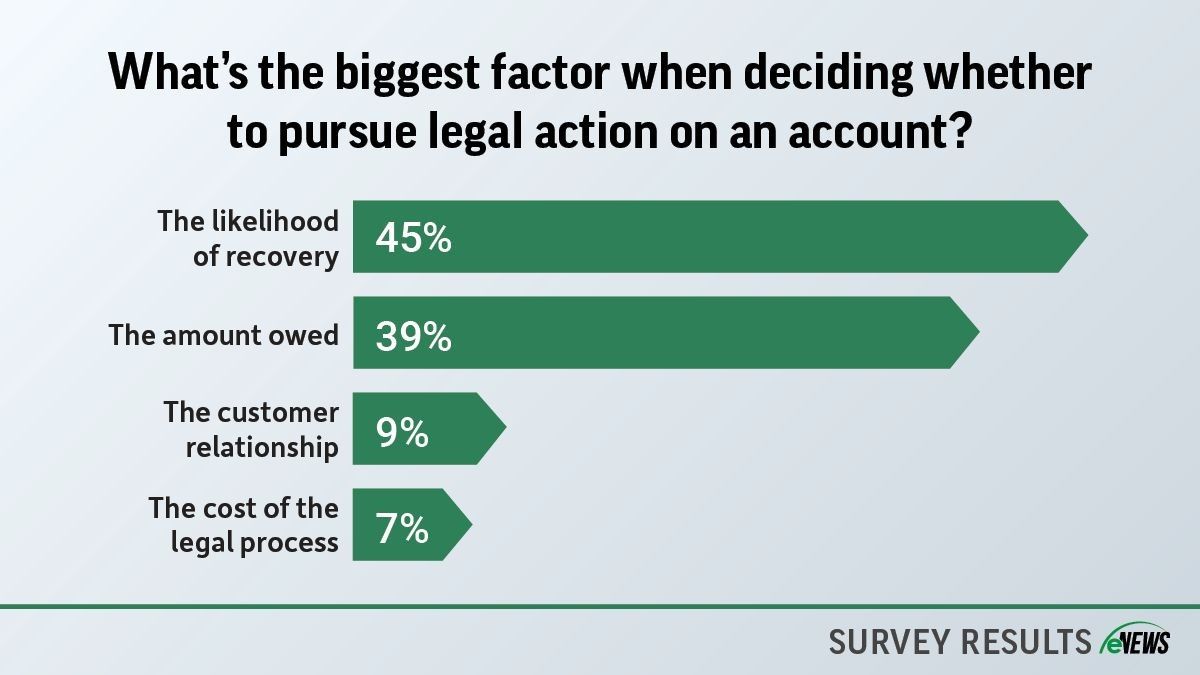eNews, Leadership
What Kind of Leader Are You?

Finding your leadership style is a journey of self-discovery and continuous growth. It begins with introspection and an honest assessment of your strengths, weaknesses, values and beliefs. Understanding who you are as a leader is the first step before successfully leading a team.
Leadership is a mixture of nature and nurture. Depending on your characteristics, you may be inclined to lead with a certain style. But external factors also impact leadership. For example, are you leading a team from a younger generation? Is your organization going through some major changes? Your leadership style can change, and while it is important to know the approach you often lean towards, you should not force any single leadership style.
By recognizing your natural tendencies and adapting your style to different situations and teams, you can develop a leadership approach that resonates with your authentic self while effectively guiding and empowering others.
Common Leadership Styles
- Autocratic/Authoritarian: focused primarily on results and team efficiency in a structured environment.
- Bureaucratic: focused on fixed duties within a hierarchical system, where each employee has a set list of responsibilities and there’s little need for collaboration and creativity.
- Coaching: recognize their team members’ strengths, weaknesses and motivations to help each individual improve.
- Laissez-faire: focused on delegating many tasks to team members and providing little to no supervision.
- Democratic: a combination of the autocratic and laissez-faire leadership styles. A democratic leader asks their team members for input and feedback before making a decision.
- Pacesetter: focused on performance, setting high standards and holding their team members accountable for achieving their goals.
- Servant: emphasis on employee satisfaction and collaboration to meet company goals and grow personally and professionally.
- Visionary: focused on driving progress, inspiring employees and earning trust for new ideas, especially during organizational change.
Don’t limit your leadership style to the ones listed above. Brendon Misik, CCE, CICP, senior manager of Ag credit at PCS Admin USA Inc. Nutrien (Deerfield, IL), uses William Moulton Marston’s DiSC emotional and behavioral self-assessment to define his leadership style. “After having different leaders, I’ve picked up leadership skills from leaders that exhibit the (C)onscientiousness and (S)teadiness qualities that look to lead with empathy,” he said. “I found the leadership qualities of (D)ominance and (I)nfluence leaders don’t fit with my personality. Instead of directing my team on what to do, I support them by removing roadblocks and improving efficiencies with bottlenecks.”
Developing Your Leadership Style
In order to find your leadership style, get to know yourself first. “I think you really have to know who you are and your core values,” said Tracy Mitchell, AR senior team lead at Trinity Logistics (Seaford, DE), who uses a servant-style leadership to manage her team. “You have to understand your personality strengths and weaknesses and ask for feedback on your leadership from everyone that you relate to, whether it’s a team member or senior management. Be open and speak to more senior leaders about what makes their leadership style so effective and form an action plan to decide what you want to do with that information, what type of leader you want to be and where you want to go to make that happen.”
Another way to develop your leadership style is to model it after leaders around you. “An exercise that I would encourage everyone to do is to think of the best leader you’ve ever experienced,” said Hailey Zureich, certified life coach and corporate trainer at ZHailey Coaching, LLC (Ferndale, MI). “Maybe it’s after a manager at your first job working at an ice cream stand or a coach on your sports team. When you think about that leader, try to identify the three things you admire most about their leadership style and ask yourself how do you exhibit those traits. It also helps to think about the worst leadership experiences you’ve had and what can be done to avoid them.”
Leadership is a process that is developed over time and can be influenced by external factors such as location, company, culture and people. For emerging leader Alisha Gray, purchasing manager at Orgill Inc. (Collierville, TN), it’s dependent on who she’s working with, especially when it’s with different generations. “I have to read the room and the person who I’m around to know what style to apply,” she said. “Depending on those factors I can adjust between my main leadership styles, coaching, servant or transformational to see what works best.”
For some, it’s not the leadership style that changes but the way they communicate with their team members. “Everybody hears and receives information differently, but it doesn’t change the way that I’m leading them, I just have to communicate differently with the individual,” Mitchell said. “The senior leadership for my company from the executive leadership team to middle management to the team leaders practice servant leadership and devote their time to help people understand and be able to meet the company’s expectations. They provide them with the necessary resources, education and technology for them to help make the company successful. I think the most influential factor is the leaders around you that make an impact on you.”
To connect with other credit leaders, be sure to inquire about NACM’s Leadership Thought Discussion Group or Emerging Credit Leadership Thought Discussion Group.





